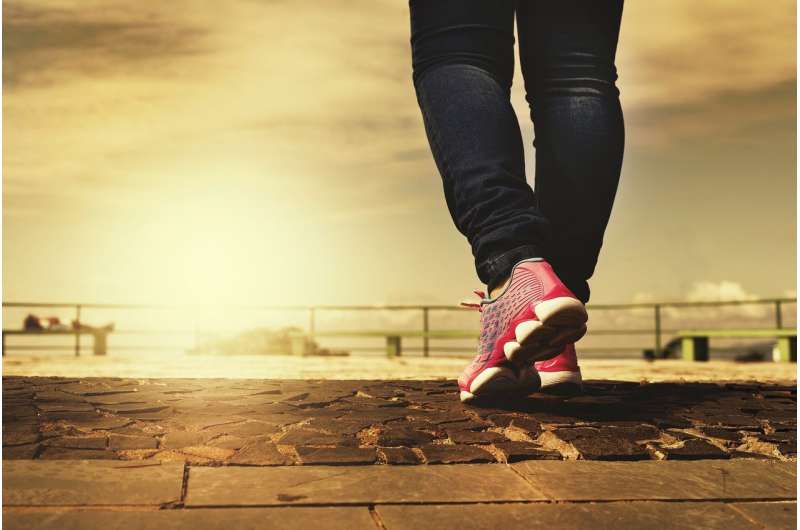Scientists Investigate Methods to Improve Sleep in a Warming World

Discover how scientists are exploring ways to improve sleep quality amid rising global temperatures and heat waves, emphasizing behavioral and environmental adaptations.
As climate change raises global temperatures, researchers are increasingly focused on understanding how to mitigate its impact on sleep quality. Elevated temperatures, especially during heat waves, can significantly impair sleep, leading to health and performance issues. The human brain is particularly sensitive to heat, with higher temperatures triggering stress responses and altering the body's central thermostat. Studies from recent years show that we are losing an average of 44 hours of sleep annually due to rising temperatures, and projections suggest this could increase to 50-58 hours per person each year by 2099.
To combat these challenges, scientists emphasize the importance of adapting behaviors and environmental conditions. For example, lowering room temperatures to around 28°C (82.4°F) with proper ventilation, wearing light clothing, and avoiding excessively cold or hot baths can help maintain sleep quality without relying solely on air conditioning, which hinders natural acclimatization.
Maintaining good sleep is crucial because sleep deficits are linked to numerous health problems, including metabolic disruptions, weight gain, diabetes, cardiovascular diseases, and neurodegenerative conditions like Alzheimer's. Short naps of 30-40 minutes during hot days can temporarily alleviate sleep loss without disrupting nighttime sleep.
Experts highlight that effective strategies involve eliminating sleep enemies such as stimulants like coffee and alcohol before bed, taking cool showers (but not icy), and adjusting activity schedules during heat waves. Recognizing that the ‘ideal’ bedroom temperature may be higher than traditionally believed opens new avenues for coping with heat.
Overall, fostering sleep adaptation through behavioral and environmental modifications is essential as we face a hotter, more humid climate, ensuring the preservation of sleep health and overall well-being.
Source: MedicalXpress
Stay Updated with Mia's Feed
Get the latest health & wellness insights delivered straight to your inbox.
Related Articles
Using Simple Home Tests and Activities to Gauge Your Overall Health
Discover easy at-home tests and lifestyle tips to assess and improve your overall health as you age, including balance, grip strength, and mental sharpness.
Smartwatches and Wearables: Key Considerations for Users
Discover essential insights and limitations of smartwatches and wearables, empowering you to use these devices effectively and safely for better lifestyle management.
Lifestyle Changes Significantly Reduce Heart Disease Risk in Women with Past Gestational Diabetes
A groundbreaking study shows that women with a history of gestational diabetes can significantly reduce their future risk of heart disease through sustained healthy lifestyle habits, highlighting the importance of early and ongoing behavioral interventions.
Do Trendy Hangover Cures Like Korean Pear Juice, IV Drips, and Vitamin Patches Really Work?
Explore the effectiveness of popular hangover remedies like Korean pear juice, IV drips, and vitamin patches based on current scientific evidence. Learn practical tips to prevent or minimize hangover symptoms safely.



